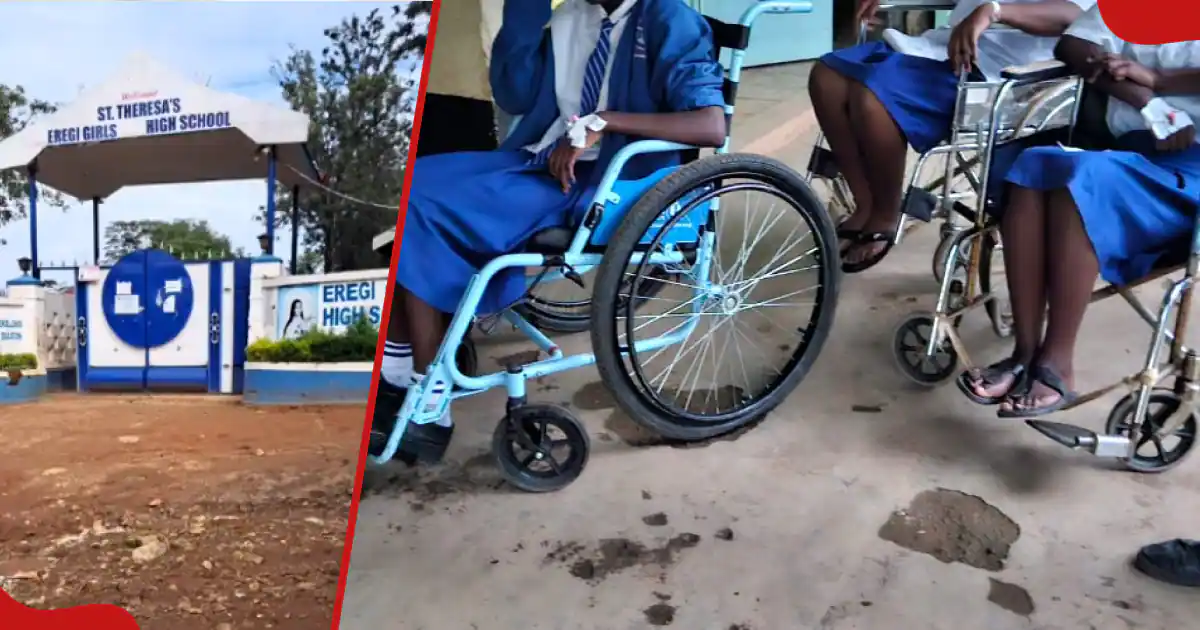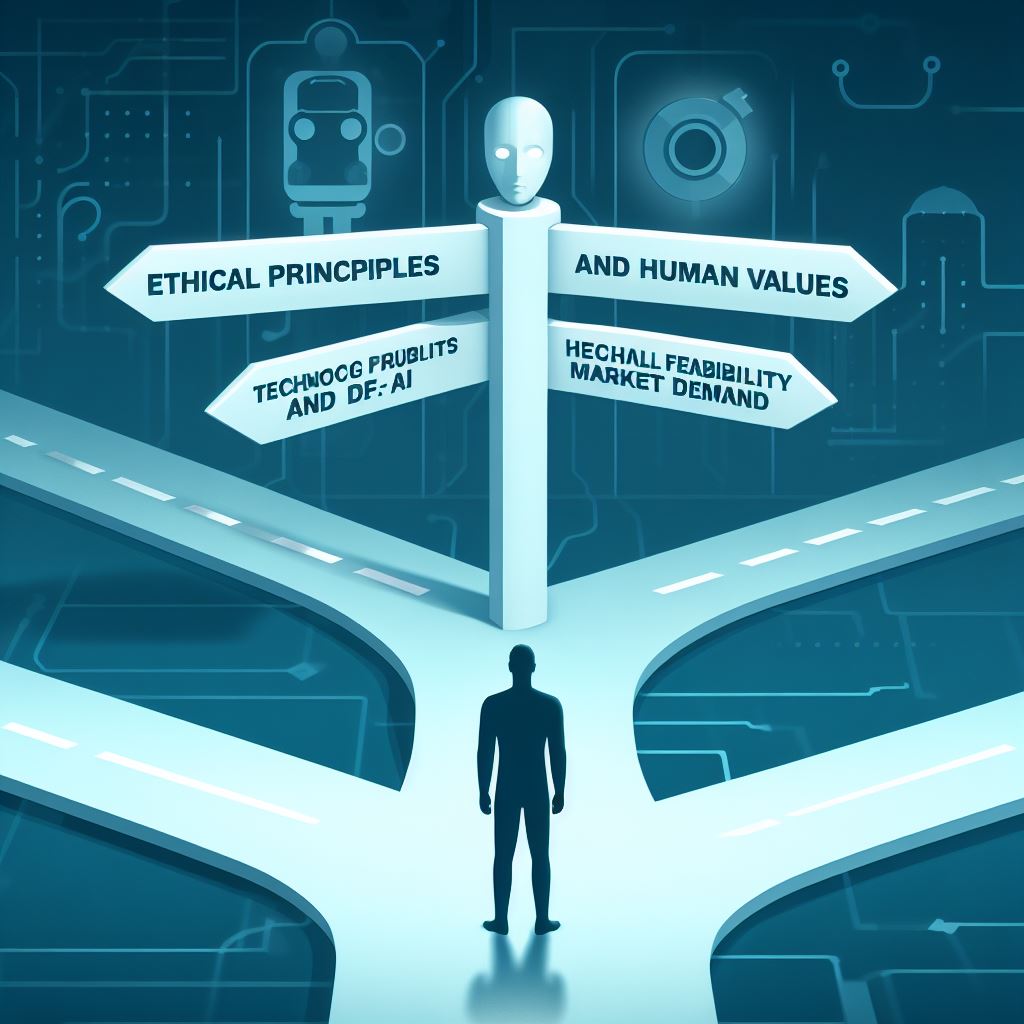Highlights
Dozens of Students Paralyzed by Mysterious Illness at Eregi Girls

A mysterious illness has paralyzed dozens of students at a girls’ secondary school in western Kenya, leaving them unable to walk or move their limbs.
The illness, which has no known cause or cure, emerged on Monday at Eregi Girls Secondary School in Kakamega County, about 300 kilometers (186 miles) northwest of Nairobi, the capital. At least 62 students have been hospitalized since then, according to local media reports.
The students, who range from 14 to 18 years old, have experienced symptoms such as weakness, dizziness, numbness and loss of sensation in their legs. Some of them have also collapsed in class or while walking.
“It is very scary and painful,” said Faith Wanjiku, a 16-year-old student who was admitted to Kakamega County General Hospital (KCGH) on Tuesday. “I can’t feel my legs or move them. I don’t know what is happening to me.”
The school authorities and health officials have not been able to identify the source or nature of the illness, which they suspect could be due to dehydration, malnutrition, infection or poisoning.
“We are still investigating the cause of this condition,” said Dr. John Ombati, the medical superintendent of KCGH. “We have taken samples from the students and sent them to the Kenya Medical Research Institute (KEMRI) for analysis. We hope to get the results soon.”
The Kenya Medical Research Institute (KEMRI) is a state-owned research organization that conducts biomedical and health research. KEMRI officials are also expected to visit the school and conduct tests on the food, water and environment of the school.
The school has been temporarily closed and all the students have been sent home until further notice. The parents and guardians of the students have been advised to monitor their health and report any signs of illness immediately.
The parents and guardians have also expressed concern and frustration over the lack of information and action from the school and health authorities.
“We are very worried about our children,” said Mary Wambui, whose daughter is among the affected students. “We don’t know what is wrong with them or how to help them. We want answers and solutions.”
The incident has also sparked fear and anxiety among the students who have not been affected by the illness. They have demanded that the school authorities take measures to protect them and find out the truth behind the illness.
“We are afraid that we might get sick too,” said Grace Njeri, a 15-year-old student who was not affected by the illness. “We don’t trust the food or water here. We think someone might have poisoned us. We want justice.”
The incident has also raised questions about the quality and safety of education and health services in Kenya, especially in rural areas where resources are scarce and infrastructure is poor.
According to the World Health Organization (WHO), Kenya has a population of about 53 million people, but only about 7,000 doctors and 25,000 nurses. This means that there is one doctor for every 7,571 people and one nurse for every 2,120 people, far below the WHO recommended ratio of one doctor for every 1,000 people and one nurse for every 300 people.
The WHO also estimates that about 15 percent of Kenyans do not have access to safe drinking water and about 30 percent do not have access to basic sanitation services. This increases the risk of waterborne diseases such as cholera, typhoid and dysentery.
The Kenyan government has pledged to improve the quality and accessibility of education and health services in the country, especially for vulnerable groups such as women and children. In 2018, President Uhuru Kenyatta launched a universal health coverage program that aims to provide affordable and quality health care for all Kenyans by 2022.
However, the program has faced challenges such as inadequate funding, corruption, mismanagement and resistance from some health workers who have gone on strike several times over low pay and poor working conditions.
The mysterious illness at Eregi Girls Secondary School is a reminder of the urgent need for more investment and action in improving the education and health sectors in Kenya.

Featured
Rising Tensions: Israel and Hamas on the Brink

In a rapidly escalating conflict, Israel has ordered a complete siege of Gaza, a military operation that involves surrounding a town or building and cutting off essential supplies. The aim is to compel those inside to surrender. As of now, water supplies from Israel to Gaza are being cut off.
Israel’s Prime Minister has issued a stern warning to Palestinians, vowing to turn parts of Gaza into rubble. On the ground, journalist Trey Yingst reports that Israel is moving troops to the border in preparation for the possibility of a ground invasion into Gaza.
In a tragic turn of events, more than 260 bodies have been recovered from the Israeli Nova Festival, which was unfortunately close to the area where Hamas militants entered the country. Eyewitnesses report that the festival was approached by men dressed in soldiers’ uniforms who opened fire indiscriminately.
The United States has responded by moving an aircraft carrier, ships, and jets to the eastern Mediterranean. They have also offered to provide Israel with additional equipment and ammunition.
Iran, currently accused of aiding Hamas in executing the attack, has issued a warning. If they are attacked, they will launch strikes on Israel from Lebanon, Yemen, and Iraq.
Meanwhile, cities across the U.S. and other countries have seen both pro-Israel and pro-Palestine individuals taking to the streets in protest. The death toll continues to rise on both sides, with over 700 reported in Israel and more than 500 in Gaza.
This is an evolving situation with far-reaching implications. As more information becomes available, we will continue to provide updates.

Highlights
The Ethical Dilemma in Software Development and AI

In the fast-paced world of technology, the ethical implications of software development and artificial intelligence (AI) are becoming increasingly important. As we continue to integrate these technologies into our daily lives, it’s crucial that we consider the moral and ethical responsibilities that come with them.
The Code of Conduct in Software Development
Over the years, various organizations and individuals have attempted to codify developer ethics into oaths, pledges, and codes of conduct. These include the International Standard for Professional Software Development and Ethical Responsibility by the IEEE-CS/ACM Joint Task Force on Software Engineering Ethics and Professional Practices, The Ten Commandments of Computer Ethics by the Computer Ethics Institute, and The Programmer’s Oath by “Uncle Bob” Martin, among others.
These codes of conduct often emphasize honesty, integrity, and fairness. However, since most software developers do not belong to any official order, guild, association, or society, no single ethical standard has been widely adopted.
Ethical issues in software development include data privacy, accessibility, addictive design, algorithmic bias, and software security. Protecting users’ personal data from unauthorized access and misuse is a key concern. Ensuring that software is inclusive and accessible to diverse and disadvantaged groups of users is another important aspect. Avoiding design features that exploit users’ psychological vulnerabilities and cause addiction is also crucial. Preventing software from producing unfair or discriminatory outcomes based on factors such as race, gender, or age is a significant challenge. Securing software from cyberattacks and safeguarding users’ personally identifiable information (PII) is a fundamental responsibility.
The Ethical Implications of AI and Machine Learning
As AI and machine learning take on bigger decision-making roles, ethical concerns are mounting. Companies are increasingly infusing AI and machine learning into their products to better serve their customers. However, part of the appeal of algorithmic decision-making is that it seems to offer an objective way of overcoming human subjectivity, bias, and prejudice.
Ethical issues in AI and machine learning include transparency, privacy, bias, harm, data responsibility, fairness, explainability, robustness, environmental sustainability, inclusion, moral agency, value alignment, accountability, trust, and technology misuse. Bias can result from human interaction with the model or the information the system learns from. Biased algorithms can do serious damage to people in various domains such as home loans, parole job interviews, and online platforms. To be ethical in machine learning it is essential to evaluate monitor and limit potential learned biases as much as possible.
It’s important for developers and companies to consider these ethical implications as they continue to innovate in these fields. By adhering to a strong code of ethics we can ensure that these powerful technologies are used responsibly and for the benefit of all.
In conclusion as we continue to push the boundaries of technology it’s crucial that we also consider the ethical implications. Whether it’s in software development or AI a strong code of ethics can guide us towards responsible innovation.
Featured
“Unstoppable Dr. Eve:Kabondo Kasipul’s Second Time Triumphs”

“Unstoppable Eve: Kabondo Kasipul’s Second Term Triumphs”
Eve Obara MP for Kabondo Kasipul has indeed continued to make significant strides in her second term in office, effectively silencing her opposition. Throughout her tenure, she has shown remarkable leadership skills and a genuine commitment to serving her constituents.
One of the key areas where Eve Obara has excelled is in infrastructure development. Under her watch, significant road networks have been constructed, connecting previously isolated areas and improving accessibility for the local population. This has not only enhanced transportation but also promoted economic growth within the constituency.
In addition to infrastructure, Obara has also prioritized education and healthcare in Kabondo Kasipul. She has actively lobbied for the establishment of new schools and healthcare facilities, ensuring that her constituents have access to quality education and healthcare services. This has resulted in improved literacy rates and better health outcomes for the local population.
Furthermore, Obara has been a strong advocate for women’s empowerment and gender equality. She has initiated programs that promote entrepreneurship and skills development among women, providing them with the necessary tools to become financially independent. Additionally, she has been vocal in addressing issues such as gender-based violence and discrimination, working towards creating a more inclusive and equal society.
Despite facing opposition, Obara has been able to silence her critics through her effective communication and transparency. She regularly engages with her constituents, listening to their concerns and providing timely feedback. This has created a strong sense of trust and confidence in her leadership, making it difficult for the opposition to challenge her.
Overall, Eve Obara MP for Kabondo Kasipul has proven herself to be a dedicated and effective leader. Her continued efforts in infrastructure development, education, healthcare, and women empowerment have significantly improved the lives of her constituents. By silencing her opposition through her achievements and open communication, she has solidified her position as a respected and influential figure in the community.
-

 Football1 year ago
Football1 year agoArteta on Havertz criticism:
-

 Sports11 months ago
Sports11 months agoArsenal’s Five-Star Performance
-

 Featured12 months ago
Featured12 months agoFootball powerhouse neglected in AFCON preparation.
-

 Highlights12 months ago
Highlights12 months agoIn the shadow Of Conflict,President Ruto Visits Nyanza.
-

 Culture12 months ago
Culture12 months agoRigathi Gachagua’s Call for Population Growth: A Strategy for Economic Development
-

 Football11 months ago
Football11 months agoThe Showcase Africa: A Platform for Young Footballers to Realize Their Dreams
-

 Featured12 months ago
Featured12 months ago“Lighting the Path to Progress: The Impact of Hon. Charles Were on Kasipul Constituency”
-

 Politics12 months ago
Politics12 months agoThe Mount Kenya Region: United Against Collective Challenges




